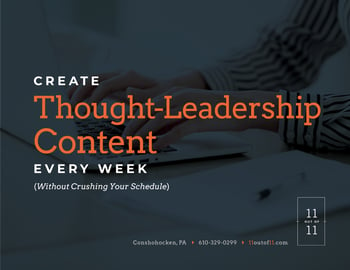Marketers are creative people. They also take their work seriously.
Being creative is often rewarding. But the work can make people vulnerable to bouts of burnout. Or worse.
In 2020, 83.3% of marketers reported high burnout, more than any other profession including sales, HR, finance, and business leaders themselves. What’s more, 70% of their bosses said the demands of the work during this time had exhausted their employees.
With statistics like these, it’s safe to say that knowing how to identify burnout--and what to do about it--can reignite the energy and creativity in your marketing team. We’re here to help.
Why Marketers Are Burned Out
Fallout From The Pandemic
According to Indeed, more than half of the workers they surveyed are feeling burned out. Sixty-seven percent of them believe burnout has worsened due to the pandemic.
In addition to the fear, shock, grief, and disruption that an event like a pandemic can cause in people’s everyday lives, most people’s work habits shifted dramatically and almost instantly. For work to happen at all, many businesses turned to remote work, with varying levels of enthusiasm from their employees. Zoom meetings -and Zoom fatigue- became a thing.
For marketers, this also meant halting major campaigns, relearning what is now important to their customers and rethinking messages entirely. It was a lot of redoing that takes an equal amount of effort to pull off. And it’s not over yet.
Inability to Manage Time
No two days are the same for marketers. All that variety could make a person’s work schedule a wild ride.
A recent study shows that four out of five marketers are not satisfied with their current workflow. They worry about the lack of overview, losing control of their projects, not keeping track of the bigger picture, and not getting the recognition or rewards they’d expect from a job well done.
All this worry can create burnout-level stress.
It’s no news that people are less than great at multitasking efficiently. Or that workers have not yet experienced the benefits of time chunking. They may also let things pile up or work themselves too hard. Whatever the case, learning effective time management skills can help prevent the stress that causes burnout.
Off-the-Cuff Inspiration
Marketers live on it and revel in the immediate results it can create. Perhaps too much. Allowing ad-hoc work to prioritize your work plan will put a lot of pressure on each person’s creative output and organizational skills, not to mention on the structure of your entire team. It’s better to stick with a focused to-do list while making room for spontaneous projects, so ad-hoc work won’t interrupt the flow.
No Clear Goal Setting
This is a no-brainer. Everyone benefits from setting clear goals, whether you’re a marketer, an athlete, a business owner, or a mom. It’s always the first step towards measurable success. Your objectives need to be understood and agreed to by everyone on your team. They need to know there’s a way to get there. And they all need to be looking in the same direction. This way, burnout is more likely to stay away.
5 Stages of Burnout and Beyond
In work and in life, you experience stress when the number and nature of demands you face put pressure on you. This can motivate you into healthy action, or not. It depends on the amount of crazy demands and how they affect your regular emotional, physical, and mental state.
Burnout is caused by continuous, excessive stress. The effect of this kind of stress exhausts you eventually, so you feel empty and don’t care anymore. About anything, including yourself.
The road from good stress to burnout is not a straight line. What people usually go through are three stages before they reach full-on burnout, and some keep going after that. The process looks like this:
- The honeymoon - When you start something new with energy and excitement. You’re thinking creatively and you feel productive.
- The stress starts - When those demands on you start to stress you out. You’re losing focus, feeling fatigued more often, and your productivity dwindles a bit.
- The stress becomes chronic – When the pressure is persistent. Your body and mind feel tight, you’re not sleeping, and you’re withdrawing from your work, your friends, and your life.
- The burnout – When you reach your limit. You’re not functioning like you normally do and that worries you. To the point of obsession. But you also don’t care.
The toll burnout takes on marketers? Most creative people are highly invested in their work, so they can feel:
- Creator’s block
- A lack of inspiration and motivation
- Self-doubt
- Low self-esteem
- A sense of failure
- Trapped, useless, or helpless
- More headaches, muscle pain, and fatigue
- An inability to communicate effectively
- No attention span and trouble concentrating
- Pent-up feelings
- A loss of interest
- Cynicism and irritability
- Apathy and anger
- Dissatisfaction with their project, job, career, position in life, everything
- Diminishing work performance
- The burnout becomes a habit – When burnout becomes part of your life, day in and day out. You’re feeling persistent pressure emotionally, physically, and mentally that prevents you from working. You’re showing up late or skipping work altogether. You’re indulging in escape fantasies or working too much, too often. You’re taking frustration out on others and don’t care about things you once enjoyed outside work. You’re setting yourself up for healthy bouts of anxiety or depression.
How to Handle Burnout and Creative Fatigue at Work
Here are a few tips that can help you personally and professionally in keeping burnout at bay.
- Accept that you are experiencing burnout when you are. It helps you to move on to a healthier state of being.
- Strengthen your ability to self-organize. Whatever it takes.
- Use collaboration tools, advanced technology that can help you and your team avoid confusion, misplace important details, stop confusion, double-back on workloads, and deliver less than stellar results.
- Take the pressure off with well-timed breaks. It helps maintain a healthy work/life balance. Make it quality time off, including rest and sleep as well as gentle exercise, listening to music, or reconnecting with friends and relatives.
- Prioritize your wellness, physically, mentally, and emotionally. Schedule frequent self-care activities such as yoga, tai-chi, meditation, experiencing nature, your favorite exercise – anything that will unplug you from the stress. Seek professional help if you need it.
- Get rid of your time wasters. Figure out which meetings to run more efficiently. Delegate tasks and learn how to say no when you feel overwhelmed.
- Make it easy to make the switch from your work to your life. If this means throwing your devices into a drawer when you get home, do it. If joining a book club or committing to team sports or taking classes will help you access your other side, make it happen.
- Outsource work to the right marketing partner so it’s easier on you to manage campaigns across your team and talent pool or across the globe. across multiple global regions often end up working across different time zones, juggling a lot to help their brand expand into new markets. But can help you scale campaigns across those new regions, helping you regain quality time—and sleep—into your schedule.

11outof11 Knows Content Marketing
If you need help reducing burnout among your marketing teams, connect with 11outof11. Request a complimentary call with an 11outof11 expert. Contact us to learn more.






.png)






